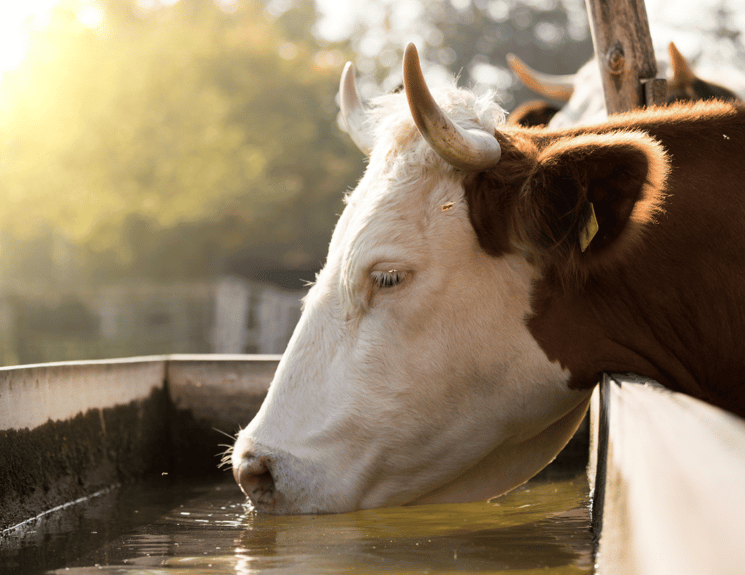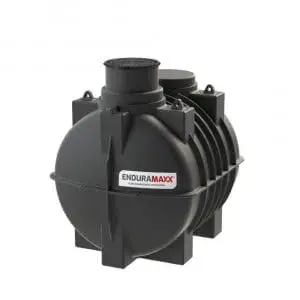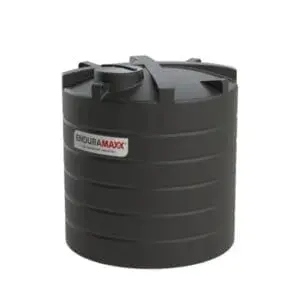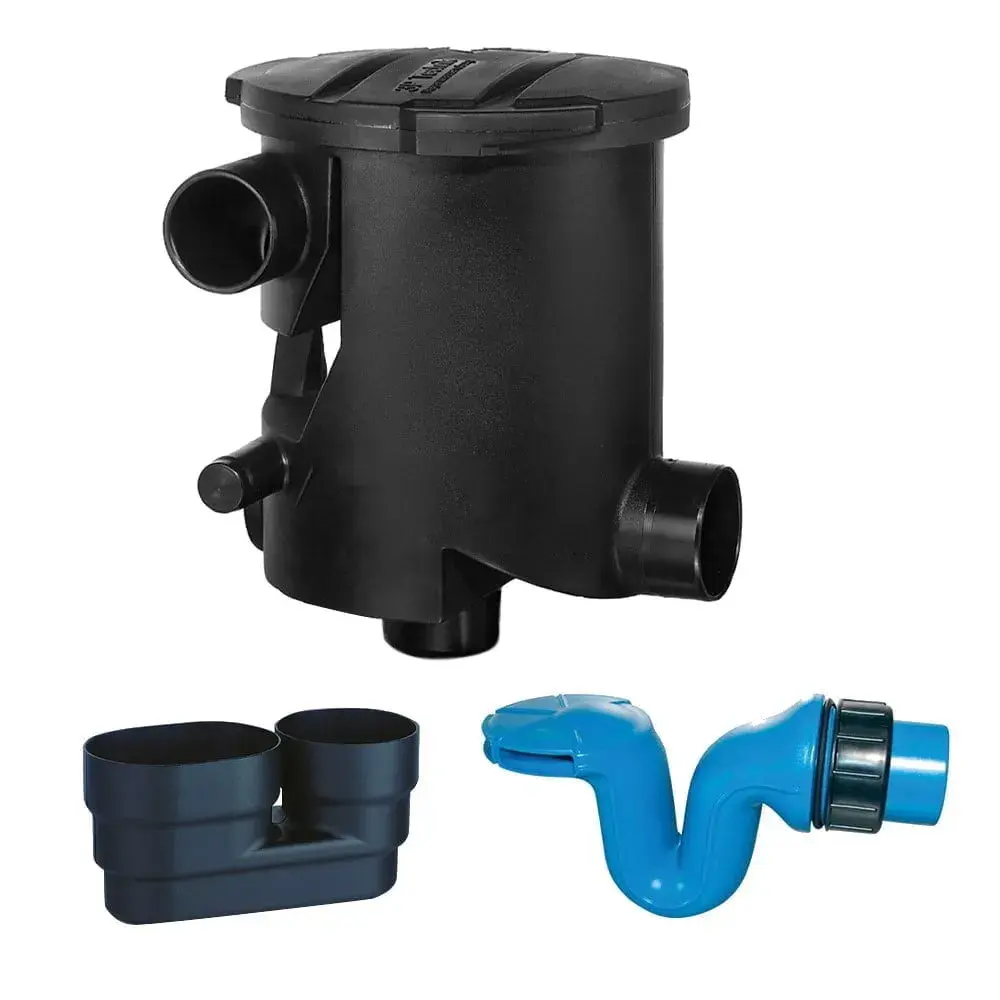
Providing adequate water for your livestock can be challenging, especially during the hot summer months when there isn’t much rain in many parts of the UK. Inadequate access to clean water can lead to dehydration, which can have serious implications on animal health, productivity, and even mortality rates. In this article, we will provide some essential tips for keeping your livestock hydrated and healthy in hot weather, whether in the barn or on the hillside.
Provide Ample Access To Clean, Fresh Water
One of the most important factors in keeping your livestock hydrated is providing them with plenty of clean, fresh water. Water is essential for healthy digestion, nutrient absorption, and temperature regulation in many livestock animals. Make sure that water tanks and troughs are easily accessible to your livestock, and that the supply is kept free from contaminants. Regularly clean and maintain your water sources to prevent the build-up of harmful bacteria, algae, or other substances that can make your livestock sick.
Increase Water Intake
During the hot summer months, your livestock need to drink more water to stay hydrated. Therefore, it’s essential to provide additional water sources, such as troughs or buckets, and consider adding electrolytes to the drinking water to encourage optimal hydration. Electrolytes contain essential minerals that help to replenish the loss of minerals through sweating and urination.
Shade
Providing adequate shade for your livestock is an effective way to help keep them cool during the hot summer months and avoiding heatstroke and exhaustion. Natural shade from trees or man-made open sided structures can help to reduce heat stress in your livestock. Be sure that the shade is adequate for the needs of your flock, and the animals have enough space to move around freely.
Water Storage
Having a reliable water source is critical in livestock farming, where many fields do not have a direct mains connection. If you don't have access to a reliable water source, consider investing in a water storage system. A rainwater harvesting system or a large water tank can be an excellent backup water source during drought or when your regular water source is unavailable.
Water Quality
Water quality is critical for livestock health. Regularly test the water to ensure it's free from harmful microbiological and chemical contaminants like bacteria, pesticides, or heavy metals (which may leach out of arable pesticides and fertilisers).
Reduce Stress
Stress can cause your livestock to drink less water, which can lead to dehydration. Therefore, it’s important to reduce stress as much as possible. Avoid overworking or overhandling your livestock and provide a calm and peaceful environment for them to feel safe and secluded.
High-Quality Livestock Water Tanks From Enduramaxx
At Enduramaxx, we provide a range of livestock water tanks and agricultural water storage systems for large-scale livestock owners, helping you keep your flocks healthy and hydrated during hot weather. To find out more, please call 01778 301527 or get in touch via our website today.
Image Source: Canva
Posts By Topics
- Blog (303)
- Chemical Storage Tanks (118)
- Chemical Dosing Tanks (114)
- Chemical Tanks (114)
- Water Tanks (58)
- Rainwater Harvesting Tanks (43)
- Vertical Rainwater Tanks (31)
- Vertical Storage Tanks (31)
- Cone Bottom Tanks (19)
- Conical Cone Tanks (18)
- Rainwater Harvesting (17)
- Water Bowsers (15)
- Horizontal Tanks (14)
- Potable Water Tanks (13)
- Farming (9)
- Case Studies (8)
- Industrial Storage Tanks (7)
- Liquid Fertilser Storage Tanks (6)
- WRAS Approved Potable Tanks (6)
- Wine and Beer Production (6)
- Horizontal Transport Tanks (5)
- Microbrewery (5)
- Rainwater (5)
- Category 5 Break Tanks (4)
- Cider Production (4)
- Mixer Tanks (4)
- Molasses Tanks (4)
- Polyethylene tanks (4)
- Rainwater Filter Kits (4)
- SPECIALIST & BESPOKE TANKS (4)
- Bunded Tanks (3)
- Slimline Tanks (3)
- WRAS Approved (3)
- Clarification Tanks (2)
- Crosslinked Polymer Tanks (XLPE) (2)
- Fertiliser Tanks (2)
- Sump Tanks (2)
- Tank Installation (2)
- Water Butt (2)
- underground water tanks (2)
- ACCESSORIES & FITTINGS (1)
- ATV & UTV SPRAYING UNITS (1)
- Above Ground Effluent Tanks (1)
- Bespoke Tank Frames (1)
- Category 5 Turret (1)
- Caustic Soda Tanks (1)
- Closed Top Bunded Tanks (1)
- Craft beer (1)
- Effluent Tanks (1)
- Enduramaxx (1)
- Ferric Chloride Tanks (1)
- Fire Safety Regulations (1)
- Fire Sprinkler Water Storage Tanks (1)
- Industrial Water Tank (1)
- Open Top Bunded Tanks (1)
- Open Top Cone Tanks (1)
- Open Top Vertical Tanks (1)
- Polyethylene Potable Water Tanks (1)
- Polyvinylidene Fluoride (PVDF) Tanks (1)
- Polyvinylidene Fluoride Tanks (PVDF) (1)
- Pressure Washers (1)
- Pro Series Spot Sprayers (1)
- RWH (1)
- Sodium Hydroxide Storage Tanks (1)
- Sprayer Fill-up Tanks (1)
- Uncategorised (1)
- liquid fertiliser tank (1)
Sign up to the newsletter
Amber
Related Posts
How Is Wastewater From Metal Finishing And Plating Treated?
Metal finishing and plating wastewater treatment are required for the removal of heavy metals,...
Clarification Tanks: How Do They Work?
A clarification tank work in its simplicity by permitting the heavier and larger particles to...
How Are Heavy Metals Removed From Industrial Wastewater?
No one will argue that our earth continues to suffer from the ever-increasing strain on its...
Related Products
From £1,080.00 inc. VAT
£900.00 exc. VAT
From £1,344.00 inc. VAT
£1,120.00 exc. VAT
From £768.00 inc. VAT
£640.00 exc. VAT
£480.00 inc. VAT
£400.00 exc. VAT





